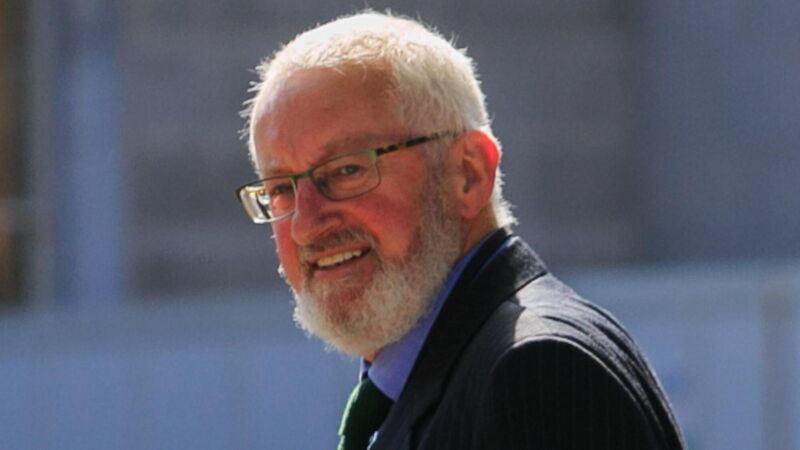Decision-making laws for vulnerable adults 'being ignored'

'The old ‘best interests’ approach is still very much in evidence,' said Sage Advocacy CEO Mervyn Taylor. Picture: Gareth Chaney/Collins
Decision-making laws for vulnerable adults are being ignored, with their new rights being resisted by some professionals, advocates have warned.
The Assisted Decision-Making (Capacity) (Amendment) Act, which was commenced at the end of April, strengthens the rights of vulnerable adults and older people.










